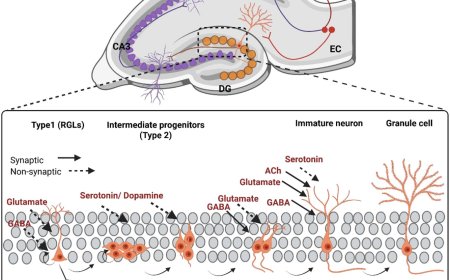Alzheimer-mutant γ-secretase complexes stall amyloid β-peptide production

Early-onset familial Alzheimer’s disease (FAD) is linked to missense mutations in the amyloid precursor protein (APP) and presenilin-1 (PSEN1).
Proteolysis of APP substrate by γ-secretase is processive, involving initial endoproteolysis to produce long Aβ peptides of 48 or 49 residues followed by carboxypeptidase trimming in mostly tripeptide increments and FAD mutations in APP and PSEN1 cause deficiencies in early steps in processive proteolysis of APP substrate C99 and that this results from stalled γ-secretase enzyme-substrate and/or enzyme-intermediate complexes. These stalled complexes triggered synaptic degeneration in a C. elegans model of FAD independently of Aβ production.
The authors used six additional PSEN1 FAD mutations to carryout proteolytic events on APP substrate by γ-secretase and found that all six are deficient in multiple processing steps except for one (F386S) mutant that was deficient in certain trimming steps but not in endoproteolysis. They also found that all six PSEN1 FAD mutations lead to stalled γ-secretase enzyme-substrate/intermediate complexes.
These findings provide further evidence that FAD mutations lead to stalled and stabilized γ-secretase enzyme-substrate and/or enzyme-intermediate complexes and are consistent with the stalled process rather than the products of γ-secretase proteolysis as the pathogenic trigger.













